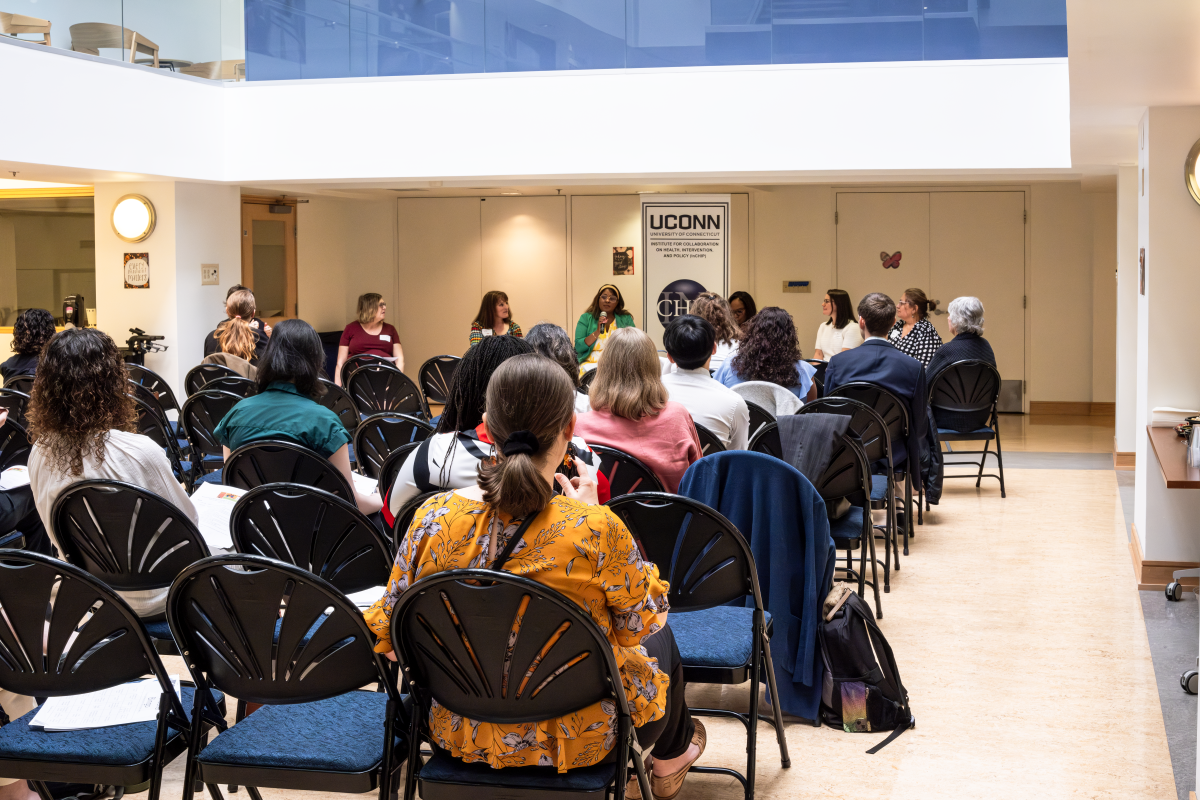When Richard Wilson was conducting research for a book on using historical evidence in international trials, he learned about a number of so-called “propaganda trials” where defendants had been acquitted of the speech-related allegations against them.
“I looked back at the Nuremberg Trials and found one Nazi propagandist was acquitted whereas another was hanged,” says Wilson, who is the Gladstein Distinguished Chair of Human Rights at UConn and a professor of anthropology and law. “The majority of defendants charged with instigating crimes against humanity at the International Criminal Court have been acquitted.”
Already a scholar of international law, international criminal tribunals, and international human rights, this research led Wilson to take a deeper look at issues surrounding free speech, hate speech, and incitement of violence.
“The international law of incitement and hate speech seems unsettled and unpredictable, so I wanted to understand it better,” he explains.
For many Americans, incitement became a dinner-table topic following the insurrection at the U.S. Capitol on January 6, 2021 – did the words of prominent political leaders cause the violence of others on that day? Or were the insurrectionists alone to blame for engaging in violent acts?
The question of incitement isn’t a new one socially or legally, but it has assumed additional importance in the modern era of instant communication, where corporations provide platforms on which viewpoints can go viral and hate groups can easily spread their extremist messages.
“The number of populist regimes, of the left and right, have doubled since 2012,” Wilson says. “Populist leaders are defined by their graphic and often offensive speech that targets minority groups and any political or civil society opposition. There are now four billion people on social media, and online speech has created new problems that our legal system struggles to address.”
One of the challenges, Wilson says, is to balance the competing values of protecting speech while mitigating the potential harm that some speech can cause. Social sciences, he explains, can help to create a middle ground – he and colleagues are working to develop tools for identifying conditions in which inciting speech is likely to result in imminent violence, and have also offered recommendations for how companies can work to better evaluate content to identify and moderate potentially dangerous speech on their platforms.
But simply suppressing speech because we do not agree with it, or because it sits outside accepted value systems, is not the answer, Wilson says.
“We cannot suppress viewpoints that are simply reprehensible or offensive – at one time in U.S. history, calls for the abolition of slavery were suppressed,” he explains. “However, if these views are accompanied by a call to commit a crime, and the commission of the crime in question is imminent or likely, then they may legitimately be suppressed.”
The key, he says, is to chart that “careful middle path” that allows for deliberation while protecting those most vulnerable – and protecting our democracy as well.


